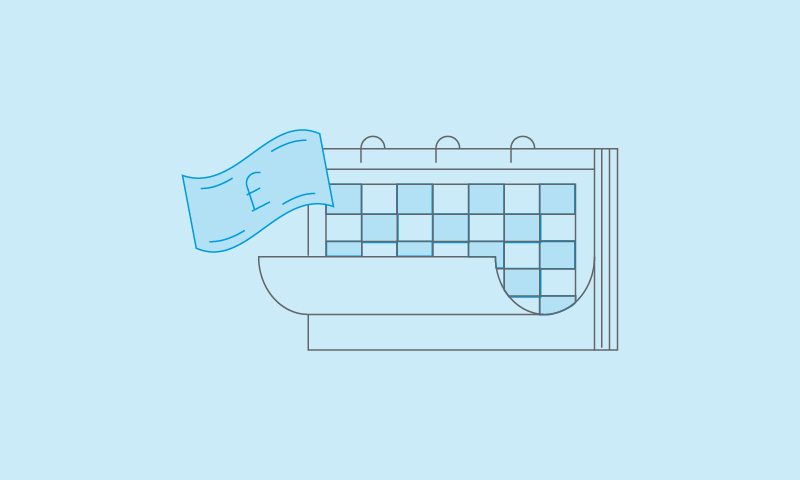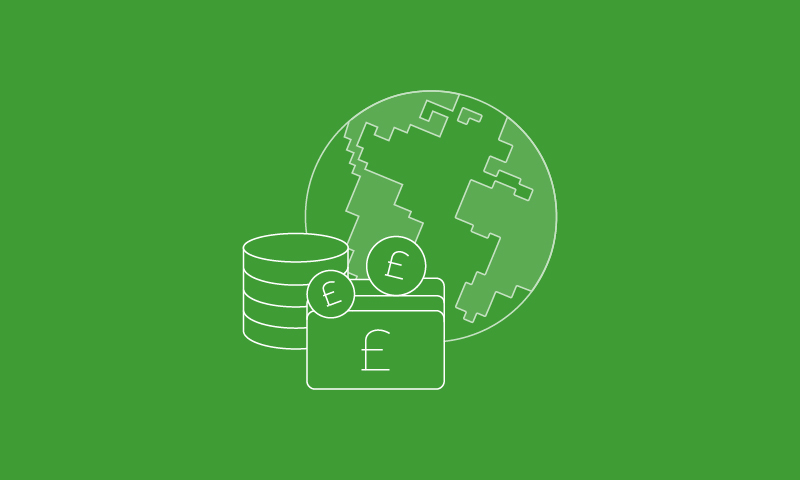12 April 2022
It is well known that individuals who use the non-domicile (non-dom) tax regime only pay tax on overseas income and capital gains if they bring those monies into the UK; any amounts not brought to the UK remain untaxed (to UK tax, although there may be tax due overseas) and can be spent outside of the UK. Despite this, HMRC notes that non-doms still contribute around £8 billion in income tax, capital gains tax and national insurance. However, this is just a part of their contribution to the UK economy.
Non-domiciled individuals are broadly those who live in the UK from overseas; they choose to come to the UK for a period of time and intend to leave the UK in the future. Those who tend to use the non-dom tax regime are typically wealthier than average and are likely to have a choice of many places in the world in which to live. But, they choose the UK for a number of reasons, including:
- It’s a good place to set up and do business (which pays tax and employs staff)
- The private schooling and higher education systems (to which they pay fees)
- Medical care (paid privately)
- Banking/financial services (to which fees are paid)
They buy or rent property, paying stamp duty land tax and the rental income is taxed, and they have higher than average discretionary spend resulting in VAT payments and profits to UK businesses. In addition to the direct, monetary impact on the economy, many will have made their wealth through business and innovation outside of the UK and they bring these skills into the country.
The regime has suited the UK well over the years and in recent times other countries have sought to introduce similar tax systems to attract wealthier, higher spending, entrepreneurial individuals to their countries. Spain famously did so in order to attract a key footballer, now known as the “Beckham rule”, which it applies to a wide range of foreign workers. Portugal has a non-dom style tax system for non-habitual residents and Italy’s regime is colloquially referred to as their “non-dom regime”. So, we now find ourselves competing to bring this wealth into our country.
It’s easy to focus on one area of taxation when looking at the non-dom status of individuals and reflect on the fact no tax is paid in the UK on overseas income not brought into the UK, but the wider benefit to the economy of attracting wealth and skills shouldn’t be overlooked.
Arguably, we should be pleased that the tax regime means we, in the UK, accept a part of the wealth pie of these individuals; having a slice of the pie is better than no pie at all! Without the additional monies contributed to the economy we might all need to add more to the taxation pot.









